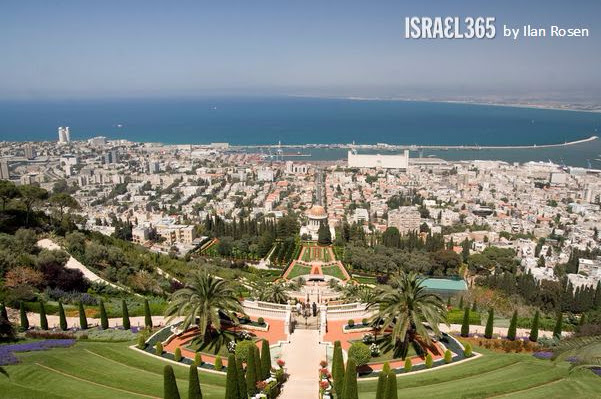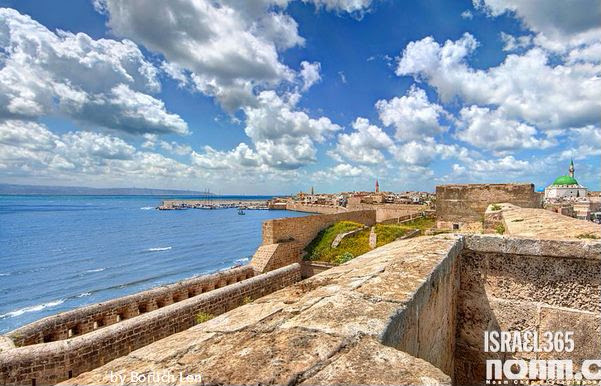JERUSALEM, Israel -- If you dig in Jerusalem, you never know what you might find. One family recently discovered an important treasure from the time of Jesus in what's believed to be the hometown of John the Baptist. They found it under their living room floor.
After Tal and Oriya (they asked we not use their last name) bought an old home in Jerusalem's Ein Kerem neighborhood, they wanted to renovate. That project led to a big surprise.
"One day during the work with heavy machines, the machine just slipped down," Oriya told CBN News. "It disappeared so we figured there is something. There is a hole."
"So we stopped working with the machines and we started digging with our hands and found out that there is something," she said. "We didn't really know exactly what it was."
Under their living room, they found a 2,000-year-old mikveh, a Jewish ritual bath.
"We were a little afraid or concerned about the whole process with the [Israel] Antiquity Authority," Oriya explained. "We didn't know what's going to happen with our house, if we will be able to keep our private normal life."
So, the family kept their discovery a secret for almost three years.
"But it kept 'talking' to us, and we kept feeling that there is something important here that doesn't belong only to us," she explained.
That sense led them to contact authorities.
By law, any antiquities found while building must be reported. And in a country with thousands of years of history, that can literally happen anywhere.
"I saw a huge ritual bath, complete, dated to the Second Temple Times," IAI archaeologist Amit Re'em told reporters. "While we agreed to not show the home from the outside, we can tell you it's located in Ein Kerem, which has its own place in history."
"From the beginning of the sixth century A.D., Christianity identified the neighborhood of Ein Kerem with the birthplace of John the Baptist, where Elizabeth, the mother of John, met Miriam, the mother of Jesus," Re'em explained.
Archaeologists also found pottery shards and stone vessels inside the mikveh.
"So must be that somebody maybe very important, some kind of a priest live(d) here in this neighborhood, had a ritual bath," he explained.
Oriya said she wonders about the people who lived in this place.
"I'm trying to listen to the story that they left behind," she said. "It's something very strong to live with."
But for now, they say they'll put their lives back in order.
"I guess we close the doors," Oriya said. "We'll put the carpet, we'll put the chairs, and we'll try to go back to our lives with knowing that something very important belongs to the story of this place and to the story of our life."























